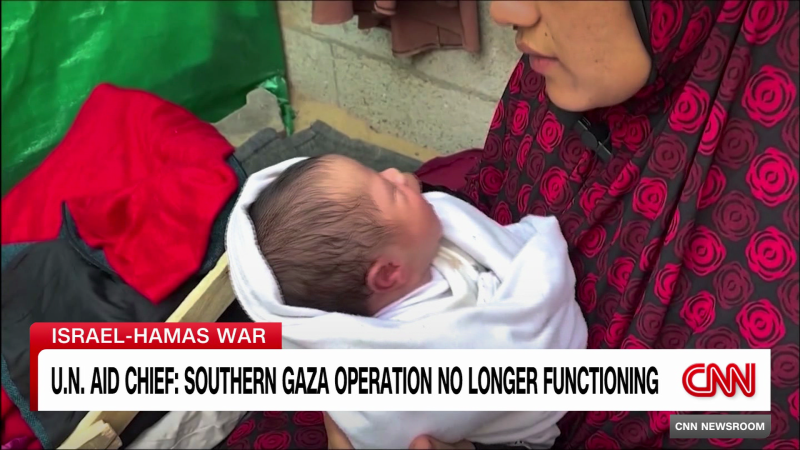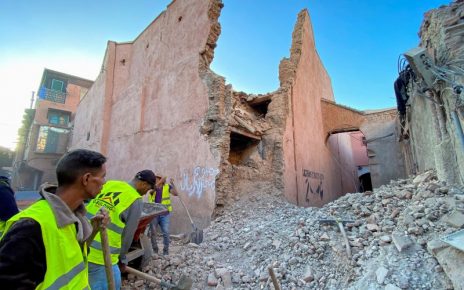
The Gaza Strip is facing a growing health crisis due to an increase in infectious diseases, including bloody diarrhea, jaundice, and hepatitis. According to the World Health Organization, the pandemic has led to the alarming spread of communicable diseases such as gastrointestinal infections, typhoid and polio, among others.
More than 20,000 cases of acute bloody diarrhea have been identified in the enclave since October 2020. The health ministry also estimated that over 7,800 cases of jaundice and nearly 3,700 cases of hepatitis A have been reported.
The causes of the outbreak remain unknown, leading to accusations from local health care professionals that the Palestinians in Gaza are being used as “guinea pigs”. Health care workers in the beleaguered enclave are dealing with a severe lack of medical supplies as Israel and Egypt continue to block fuel imports.
The cause of the outbreak is uncertain, leading to suspicions of general malnourishment, water and sanitation neglect, and the lack of response from the Hamas-controlled government in Gaza. Health experts argue that war-time powers have subverted the will of the Palestinian population in ways that would be impossible in the absence of bombardment.
Without an end to the blockade, this outbreak will only continue to grow as health services remain strained in the face of daily injustices. Urgent action is needed to ensure that Palestinians in Gaza, who are already living in dire conditions, do not succumb to preventable diseases.




